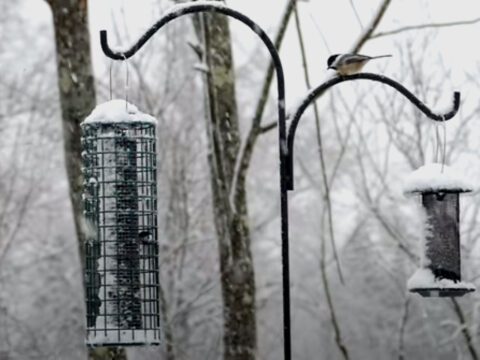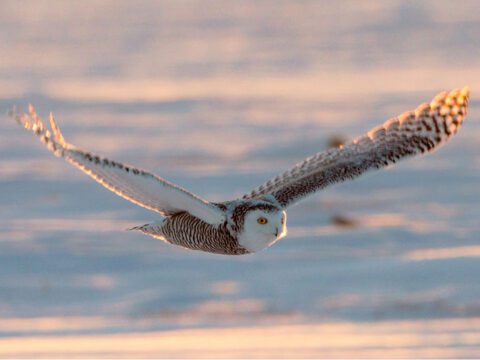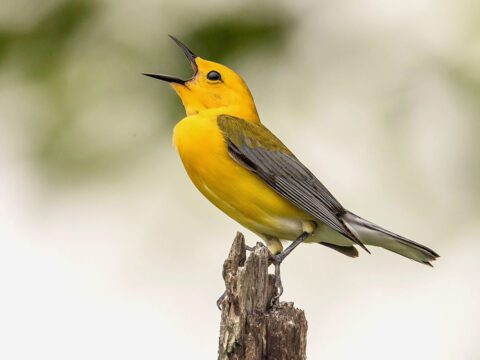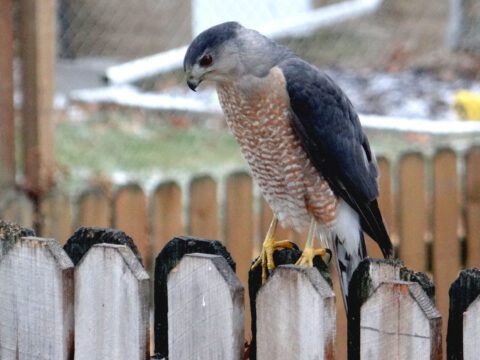Second tracked Whimbrel dies in Guadeloupe
September 15, 2011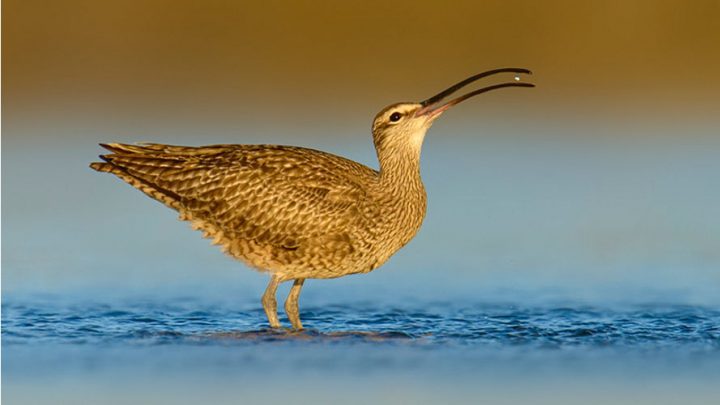
Just a day after the news of Machi the Whimbrel’s shooting by hunters on the Caribbean island of Guadeloupe (see previous post) comes the report that a second satellite-tracked bird also died in the same hunting area on the island.
The second Whimbrel’s name was Goshen, a female that had been tracked since August 2010 by the Center for Conservation Biology at the College of William and Mary. It was unhappy coincidence that Goshen and Machi happened to land in the same heavily hunted wetland—Goshen had made the trip to the Caribbean more than a week before Machi, flying around Hurricane Irene and landing on Antigua, where she rested for a week before flying to Guadeloupe, according to a Center for Conservation Biology press release.
As soon as Machi’s death became known, concern arose over whether Goshen would suffer the same fate. When I spoke with both Fletcher Smith of the Center for Conservation Biology and Lisa Sorenson of the Society for the Conservation and Study of Caribbean Birds, both stressed that Goshen was still on the island and in a known hunting area. Sorenson told me that the wildlife biologist who had received Machi’s bands and transmitter had driven out to the swamp the same day to ask hunters to hold off shooting out of concern for Goshen. Sadly, she may already have been dead by then, as her transmitter has not moved since September 12, the day that Machi was shot.
Shorebird hunting has a long tradition in the Caribbean, particularly in French-owned Guadeloupe and Martinique, and it is mostly recreational in nature, according to the press release, which links to a YouTube video of hunting on Guadeloupe. Because hunting is unregulated, precise numbers and species of hunted shorebirds are not known, but are believed to be in the tens of thousands per year. As with any situation where conservation needs are at odds with long-standing cultural traditions, efforts to improve the situation are delicate, hinge on improving awareness about the wider lives and plights of the shorebirds, and require the support and cooperation of the hunters rather than antagonism. Read more in our post earlier this week.

All About Birds
is a free resource
Available for everyone,
funded by donors like you
American Kestrel by Blair Dudeck / Macaulay Library

